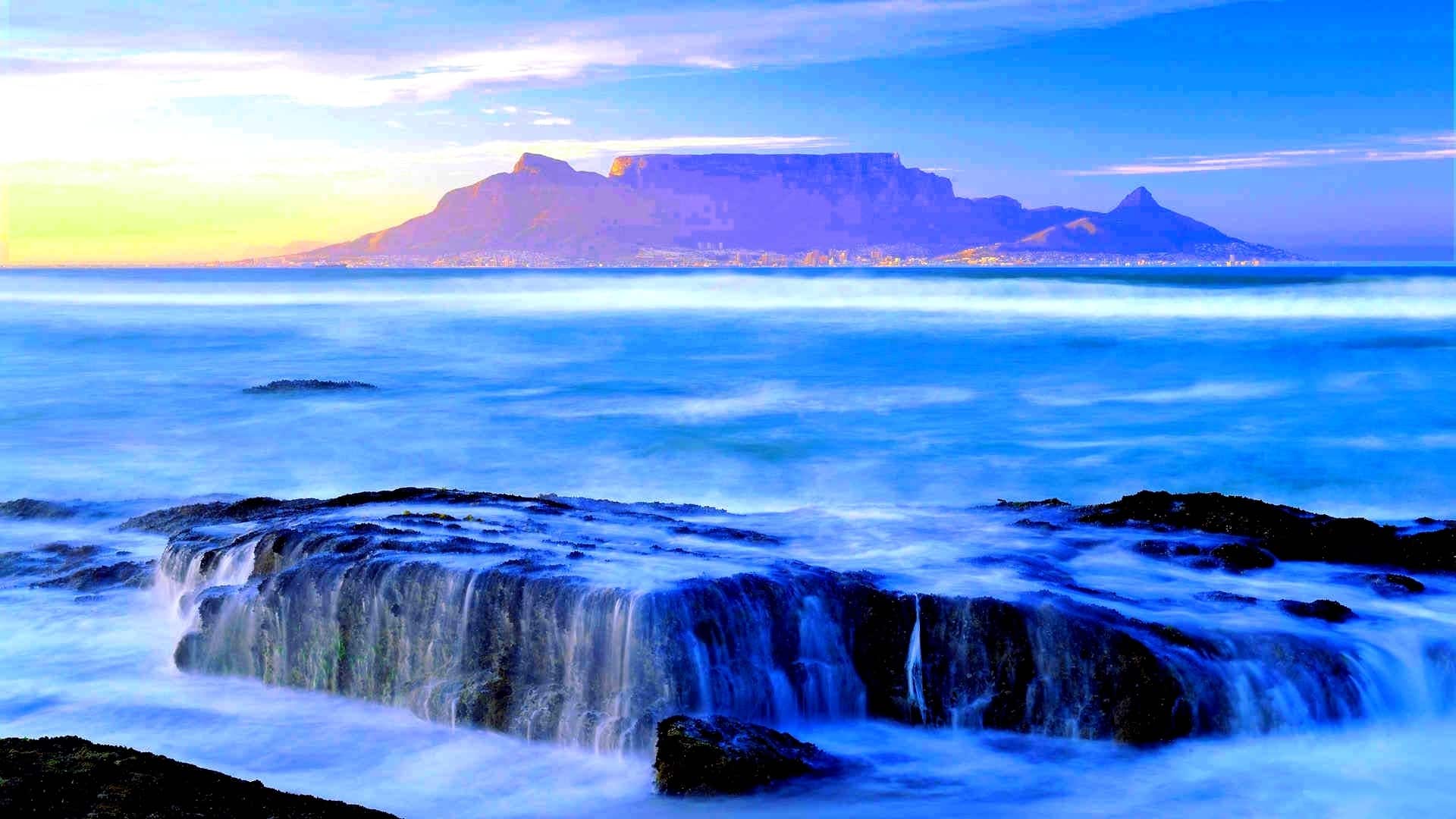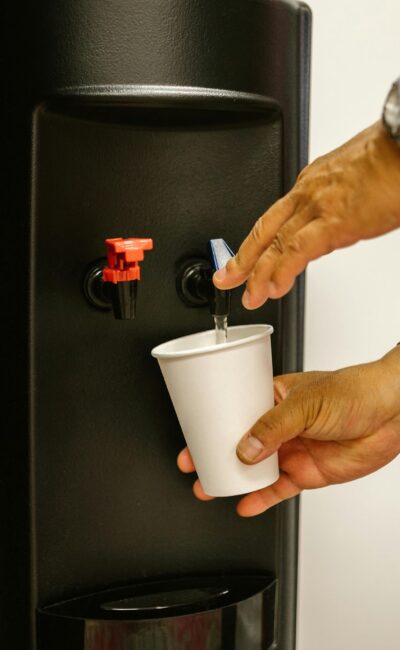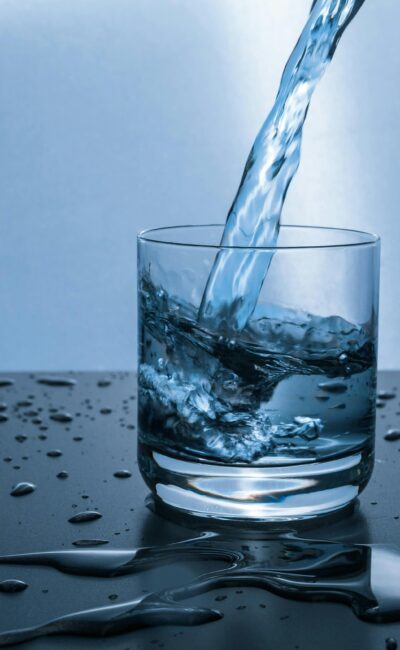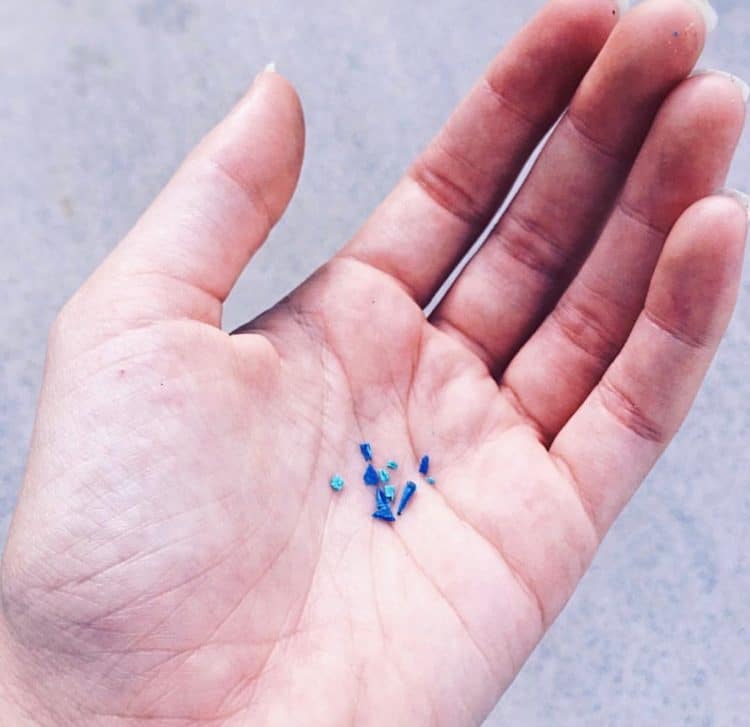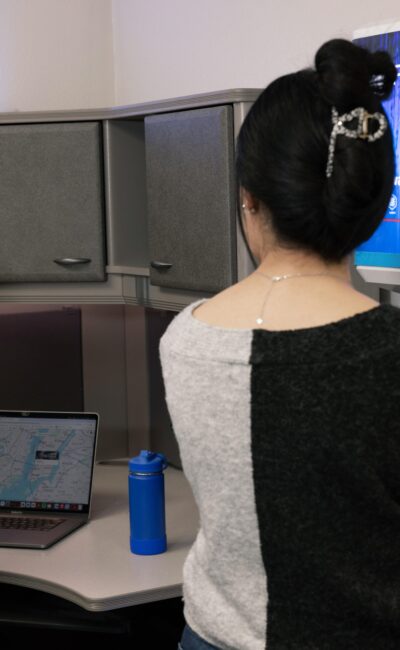Preventing plastic pollution and encouraging solutions for a healthy ocean is the focus of World Oceans Day. At FloWater, we’re celebrating this day not only through our efforts to bring Refill Stations to the thirsty masses, but also by spreading awareness on the three worst global plastic polluters: Plastic Bottles, Microplastics, and Straws.
Plastic Bottles
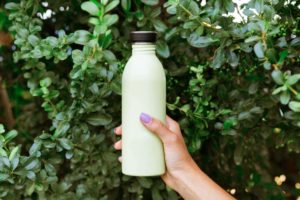
There are 50 billion plastic water bottles purchased each year in the US alone, and a shocking small number of those – just 23% – are actually recycled. That means 38 billion plastic water bottles end up as trash in our oceans, lakes, rivers and landfills. EVERY YEAR.
We’re asking you to #RethinkYourDrink
What you can do to reduce plastic water bottle waste:
- Carry a reusable bottle
- Challenge yourself to a plastic-free week
- Find a local FloWater Refill Station, or invest in a water filter at home
Microplastics
Microplastic is one of the most dangerous offenders on the plastic pollution list.
Check out our previous blog to learn more about how these tiny plastic particles are polluting our oceans.
Three easy ways to reduce your contributions to microplastics:
- Avoid personal care products containing microbeads
- Reduce single-use plastic consumption by using a refillable bottle
- Refusing plastic straws
Straws
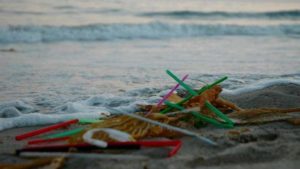
Over 500 million straws are used in America every single day. The first step to ending this massive pollution stream is simple: just say “No Straw Please”.
Learn more about how straws are polluting our oceans.
Three ways to get rid of the straws in your life:
- Make sure to let your server know that you don’t want a straw in your beverage. Most places will automatically bring you a straw, so it’s a good idea to let them know first.
- There are tons of options on the market, but the collapsible straw adds an extra level of convenience!
- Support companies who are making steps towards sustainability; this will force other companies to make the same steps.
So many small changes that, added up, will make a massive difference. Do it for the ocean!
